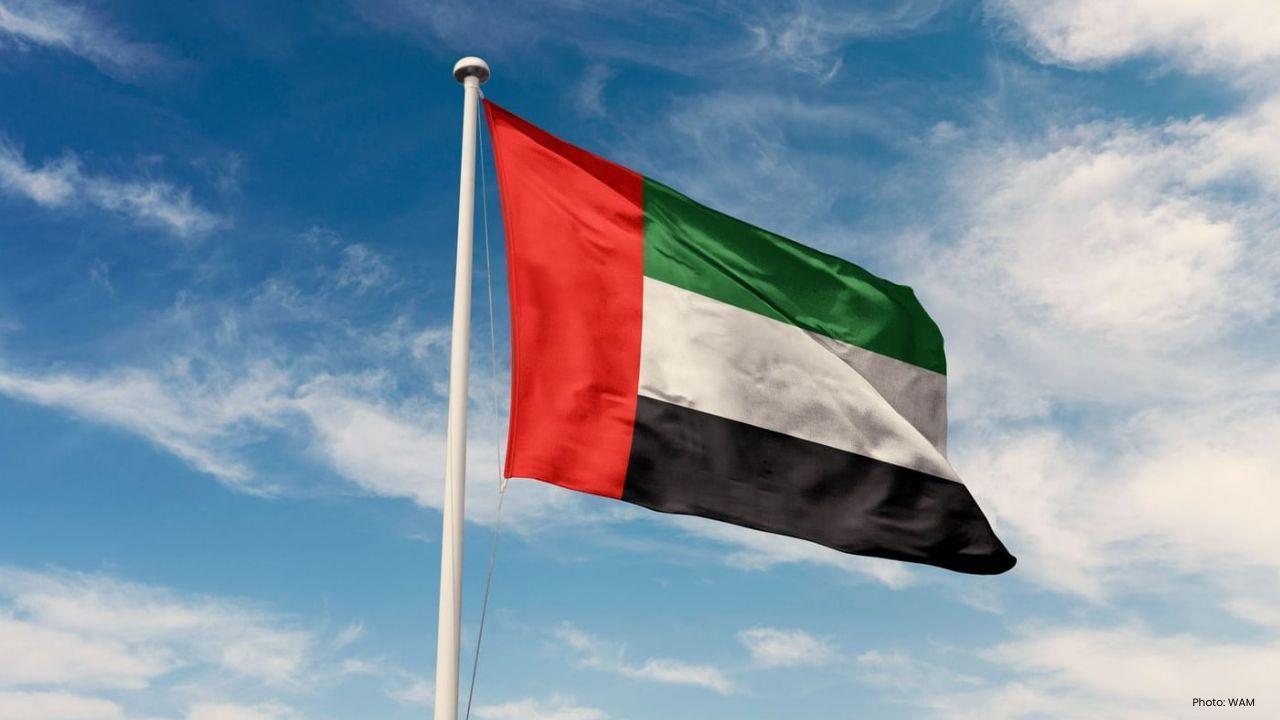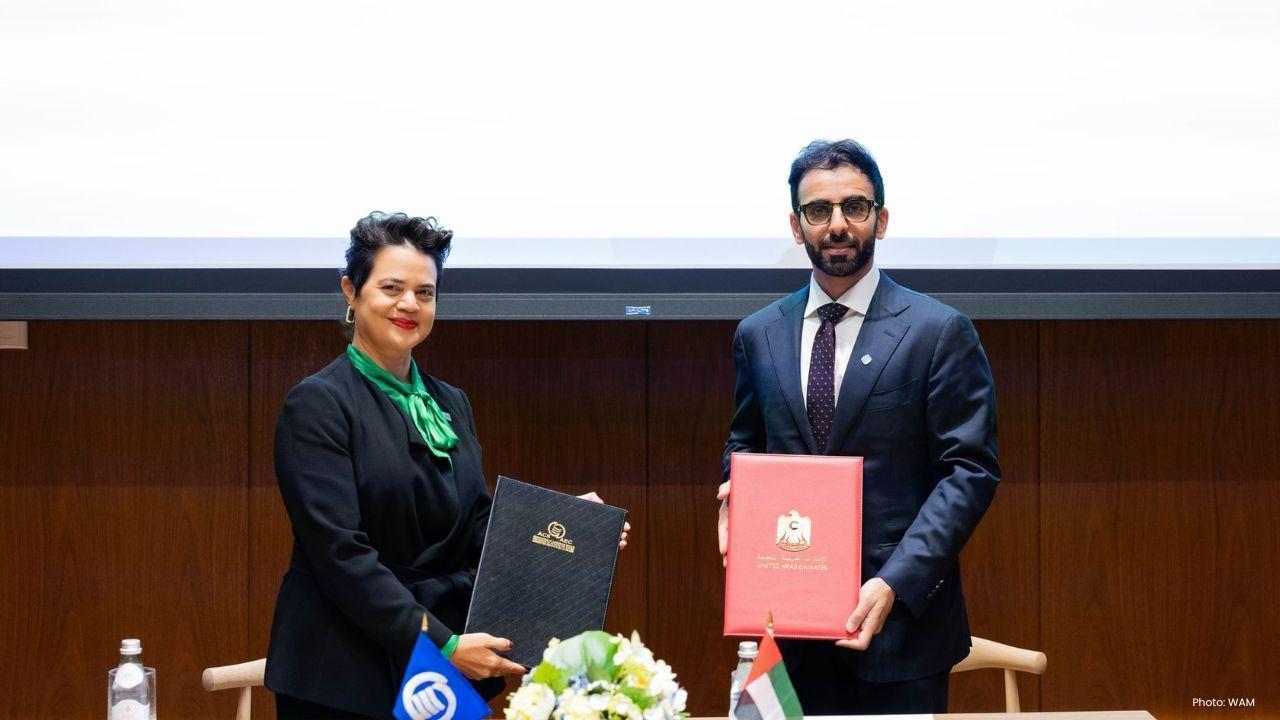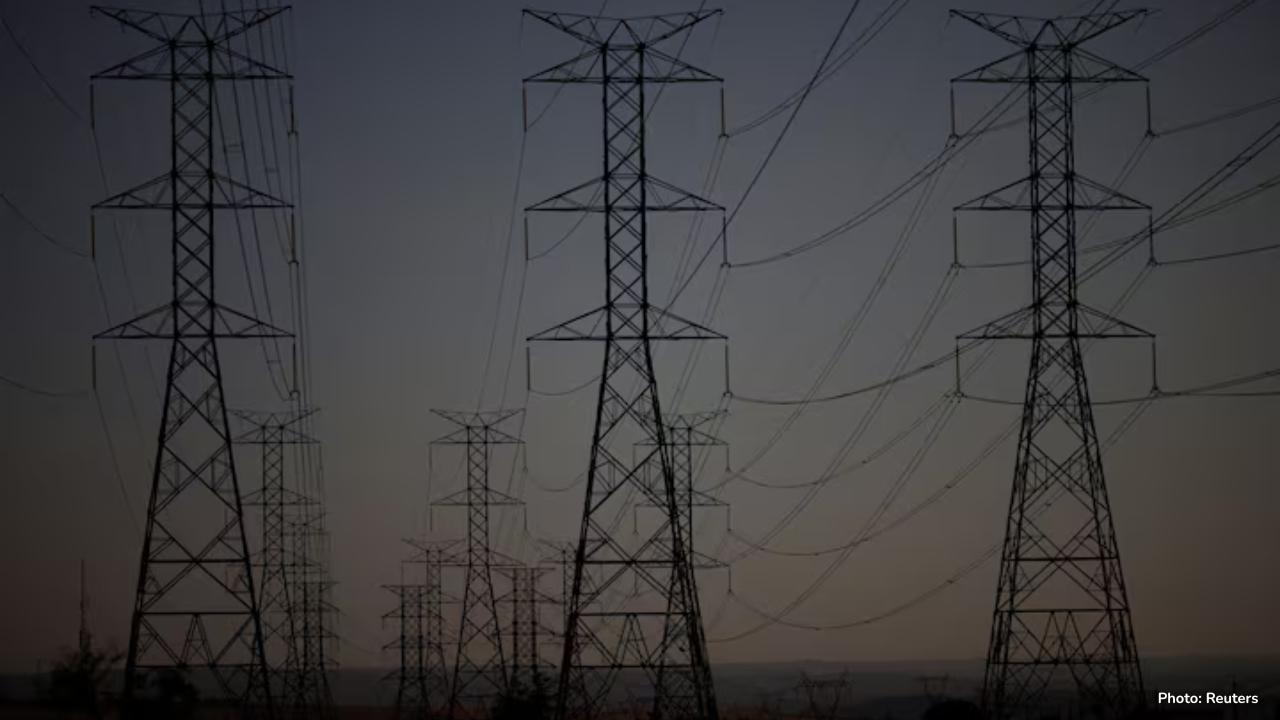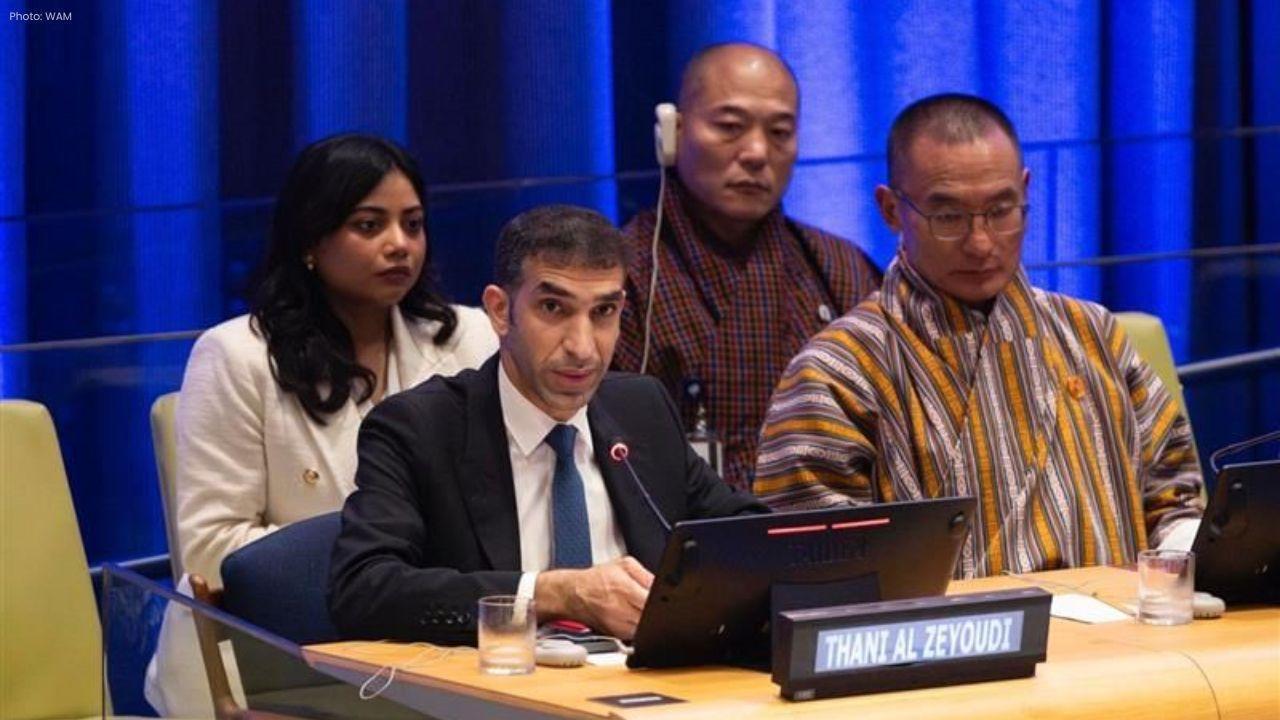
Post by : Monika
Photo:Reuters
American officials have raised concerns that Iran has placed naval mines in the Strait of Hormuz, one of the most important shipping routes in the world. These mines could be a serious danger to oil tankers and cargo ships that pass through this narrow waterway, which links the Persian Gulf to the Arabian Sea. The U.S. believes this could cause trouble for global trade and energy supplies.
Why the Strait of Hormuz Matters
The Strait of Hormuz is a narrow stretch of water between Iran and Oman. It's only about 21 miles wide at its narrowest point. However, it is extremely important because almost one-fifth of the world’s oil passes through it every day. Countries like Saudi Arabia, Iraq, the United Arab Emirates, and Kuwait rely on this route to send oil to other parts of the world.
If anything blocks the Strait of Hormuz—even for a short time—it could cause oil prices to rise and affect many countries. This is why the latest news has made people very concerned.
What Are Naval Mines?
Naval mines are underwater explosives that can float on the surface, lie on the sea floor, or be hidden just below the water. When a ship hits one, it can cause a huge explosion that sinks or damages the vessel. These mines are often hard to see and can stay in place for a long time.
Military experts say that naval mines are a cheap but effective way to threaten enemy ships or stop trade routes. Even just the fear of hitting a mine can stop ships from passing through an area.
What the U.S. Is Saying
According to U.S. defense officials, Iran has already placed mines in the Strait or is preparing to do so. They say Iran is trying to show strength during a time of tension with other countries, especially the United States. U.S. military ships in the region are watching the situation closely.
Officials haven’t shared many details yet about how many mines were placed or exactly where they are, but they have warned shipping companies to be extra careful.
Why Iran Might Be Doing This
Experts believe that Iran could be using mines to put pressure on countries that are trying to limit its power or trade. In the past, when Iran has felt threatened by sanctions or military actions, it has responded by taking steps to show it can still control important areas like the Strait of Hormuz.
By putting mines in the Strait, Iran might be trying to send a message: “If you threaten us, we can disrupt global trade.”
However, doing this is also dangerous. If a ship is hit and people are hurt, it could lead to bigger problems, even military conflict.
How the World Is Responding
The U.S. Navy and other countries with ships in the area are being very careful. They are using special mine-hunting ships and helicopters to look for signs of danger. Some countries have also warned their commercial ships to slow down or avoid the area if they can.
Insurance costs for ships traveling through the Strait are going up, and oil prices have already started to rise. Even the idea that the Strait could become unsafe is enough to make global markets nervous.
The United Nations and other international groups are also watching closely. Many leaders say it’s important to find a peaceful solution before things get worse. Means for Everyday People
Even though this issue is happening far from most people’s homes, it can still affect daily life. If oil prices go up, that can lead to higher costs for gas, food, and goods that rely on shipping.
A small action in one part of the world—like placing mines in a waterway—can have a big impact on the global economy. That’s why so many countries are paying close attention.
Looking Ahead
It’s still not clear what will happen next. The U.S. has warned Iran against taking actions that could harm trade or hurt innocent people. Iran, for its part, says it wants to protect its own rights in the region.
Many hope that both sides can find a way to ease tensions. The Strait of Hormuz is too important to risk open conflict. Experts say the world needs strong communication and smart decisions to avoid a crisis.
Middle East tension










OpenAI's Revenue Soars to $4.3 Billion in First Half of 2025
OpenAI's revenue reaches $4.3 billion in the first half of 2025, marking a 16% increase from the pre

UAE Leaders Send Condolences to Saudi King Over Princess Abta's Death
UAE rulers and crown princes sent heartfelt messages to King Salman, mourning the passing of Princes

Brazil's Surplus Clean Energy Attracts Crypto Miners
Brazil's excess renewable energy is luring cryptocurrency miners. Companies like Tether and Renova E

Visa Tests Stablecoins to Make Global Payments Faster
Visa is testing stablecoins for international payments, aiming to speed up transactions and reduce t

Opera Unveils Neon AI Browser for Smarter Web Browsing
Opera introduces Neon, an AI-powered browser that automates tasks and enhances privacy, aiming to re

Albanese Visits Sheikh Zayed Grand Mosque in Abu Dhabi
Australian PM Albanese tours Sheikh Zayed Grand Mosque, highlighting peace, tolerance, and cultural